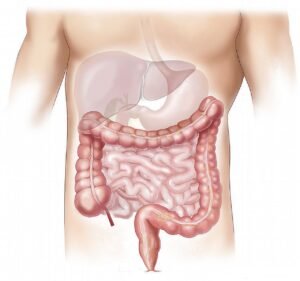The Role of Colon Cancer Screening and Your Health

Colon cancer screening is an important medical procedure for detecting the development of colorectal cancer in individuals, which can be life-saving if identified early. Colon cancer is the second leading cause of death for cancers in the United States, so it’s important for those at high risk for developing colorectal cancer to get regular cancer screenings.
The most comprehensive and accurate method for colon cancer screening is the colonoscopy. During the procedure, the doctor looks through a flexible, lighted tube at the entire length of the large intestine. This process allows the doctor to look directly at the colon walls and check for any abnormal tissue, polyps, or tumors. If any such abnormalities are noted, a biopsy can be taken to be examined further. The procedure is usually done under sedation and typically takes between 15-30 minutes. The most common side effect of the procedure is mild cramping and occasionally mild constipation.
Other colon cancer screening methods include stool tests, sigmoidoscopy, and computerized tomography (CT) scan. Stool tests, also called fecal occult blood tests, involve checking for microscopic amounts of blood in the stool, which can indicate the presence of a tumor. Sigmoidoscopy checks for abnormal cells or tumors in only a portion of the colon, while CT scans look for masses or tumors in the entire gastrointestinal tract.
If cancer is detected through a screening test, further testing may be required to determine the stage of the disease. The next step is typically to take a biopsy, which involves taking a tissue sample from the tumor for testing. The stage of the cancer is determined by a number of factors including size, type, and location. This information helps the doctor to make decisions about the type of treatment necessary.
There is no one-size-fits-all approach to colon cancer screening. The appropriate testing will depend on various things like age, family history of cancer, and general overall health. People at higher risk of colon cancer should talk to their doctor to determine which screening is right for them. It’s also important to remember that cancer screening can detect cancer at its earliest stages, when it is most likely to be successfully treated.

Comments